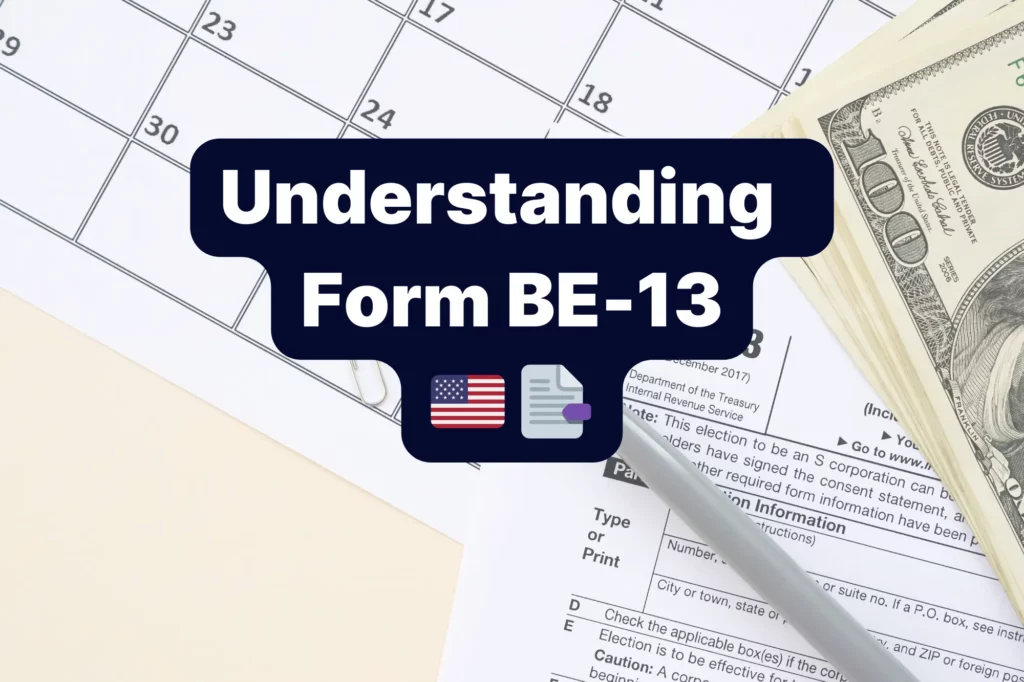While going through a state tax season, we would like to inform you of another tax obligation called the “annual report.” The annual report is positioned under state taxes and varies from state to state based on their regulations. Since we provide our services mainly in Wyoming and Delaware, and the filing deadline for the annual report in Delaware is coming soon, we aim to deep dive into the annual report requirements in Delaware and Wyoming in this post.
State Tax Compliance
The annual report intends to provide necessary information for the filing offices, other government agencies, the public, and the investors. It includes your location and contact information through which such parties can communicate with you. By filing an annual report, you display that your company is qualified to conduct business in the relevant state. This information must be provided and updated yearly; therefore, it is called an Annual Report.
Navigating Annual Report Filings and State Tax Deadlines
However, as we mentioned before, since the requirements for filing an annual report vary among different states, the naming of the annual report can also change. For example, some states have called it annual registration or periodic report. Furthermore, some states set a fixed deadline for filing annual reports and paying taxes. In Wyoming, companies’ anniversary date is the deadline for filing annual reports. Hence, we highly recommend you check the state’s regulations in which you plan to establish a company to take firm steps toward your goals.
Annual Reports and State Tax Obligations for Different Business Entities
Non-profit organizations, limited liability companies (LLCs), limited partnerships (LPs), limited liability partnerships (LLPs), and corporations (C-Corps) must fill in the annual report of their formation state. Filing an annual report yearly is critical for keeping your company’s good standing status and sustaining a successful track for your record in a particular state.
Annual Report in Wyoming
The state tax and required information change depending on the business types. In other words, LLCs and C-Corps are charged differently and need to give different details.
The deadline for filing the annual report in Wyoming is the first day of the anniversary month following the formation of a company. For instance, if your date for initial filing is April 20, the due date of your annual report will be April 1 every year. (1)
Annual Report in Delaware
The state tax and required information in Delaware also differ depending on your business type.
Contrary to Wyoming, Delaware provides different deadlines for business entities and requires a franchise tax payment. Please note that franchise tax is not a separate obligation in Delaware. In other words, it is a tax payment made while filing the annual report.
For C-Corps, filing an annual report and paying franchise tax is due on March 1, whereas LLCs must pay the franchise tax until June 1. For LLCs in Delaware, there is no requirement to file an annual report. (2)
Deadlines & Penalties in Wyoming
There is no late fee. Your business will receive a notice of pending dissolution or revocation and then has 60 days to comply. After the expiration of such 60 days, your company will become inactive and unable to operate. This process is called administrative dissolution.
Disadvantages of Administrative Dissolution
The company cannot commence operating again until the overdue annual reports and recovery fees are paid.
If the company loses its good standing due to failing to maintain a registered agent, there is a $250 reinstatement fee. This situation is obviously to be avoided. Don’t worry; Clemta may assist you in appointment of a registered agent for your company!
Deadlines & Penalties in Delaware
- Failure to file or pay estimated taxes: 1.5% of the total tax due per month.
- Late filing penalty: 5% of the tax due per month, which can’t exceed 50% of the total tax due.
- Late Payment Penalty: 1% of the total tax due per month, which can’t exceed 25% of the total tax due. (A penalty for failing to pay is imposed when the taxpayer doesn’t pay the tax due on time.)
Dissolution and Final Annual Report
If you decide to close your company, Clemta can handle all dissolution processes for you! A formal dissolution requires submitting articles of dissolution to the Wyoming Secretary of State. Once the state receives the document, there is a 3-5 day processing time before the papers are filed, and the company is formally dissolved. Following this route may bring the below advantages:
- You can re-use your company name.
- Since the company has been formally closed, which means it does not conduct business, it may no longer be the subject of future litigation.
Resources
(1) Annual Report, Wyoming Secretary of State, https://wyobiz.wyo.gov/Business/AnnualReport.aspx#:~:text=Annual%20Reports%20for%20corporations%2C%20LLCs,January%201%20of%20each%20year.
(2) Annual Report and Tax Instructions, Delaware Division of Corporations, https://corp.delaware.gov/paytaxes/
Others:
- https://wyomingllcattorney.com/Wyoming-Registered-Agent/Formal-and-Administrative-Dissolution-Options
- https://sos.wyo.gov/Business/Continuance_v_Domestication.aspx
- https://revenue.delaware.gov/frequently-asked-questions/personal-income-tax-faqs/#:~:text=Penalty%20%E2%80%93%20Failure%20to%20pay%3A%20The,interest%20charged%20for%20late%20payment.








